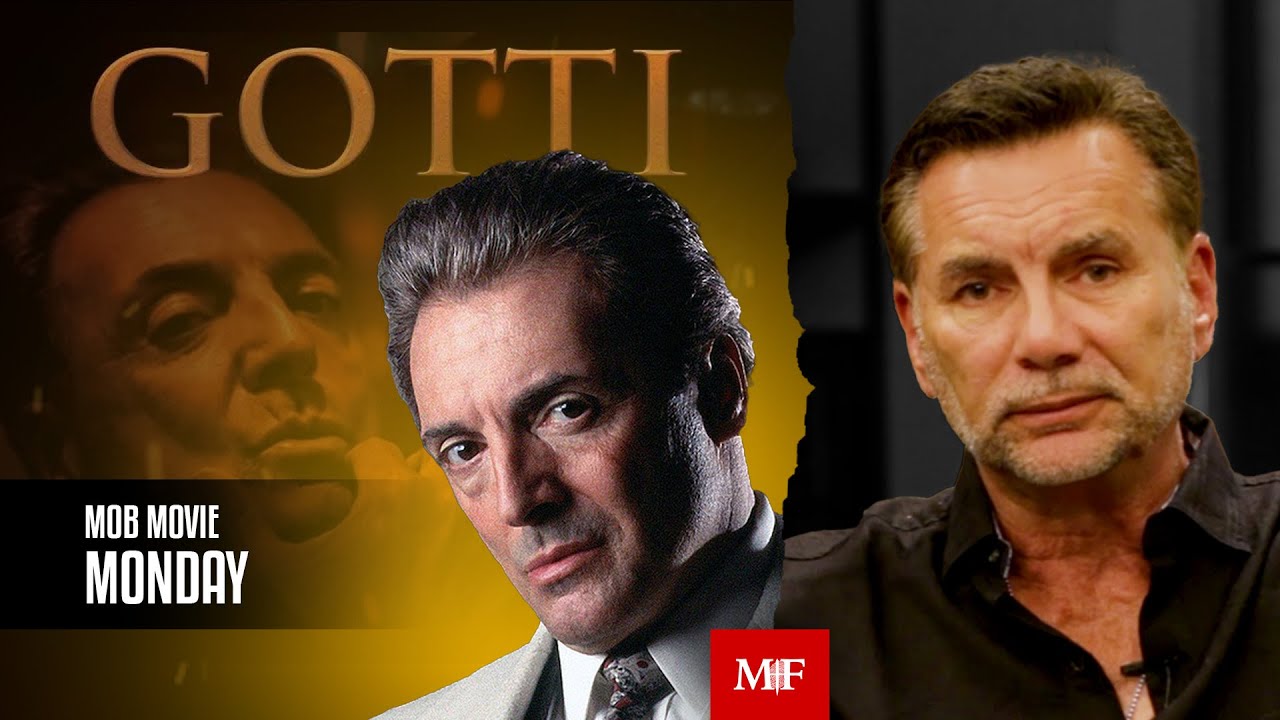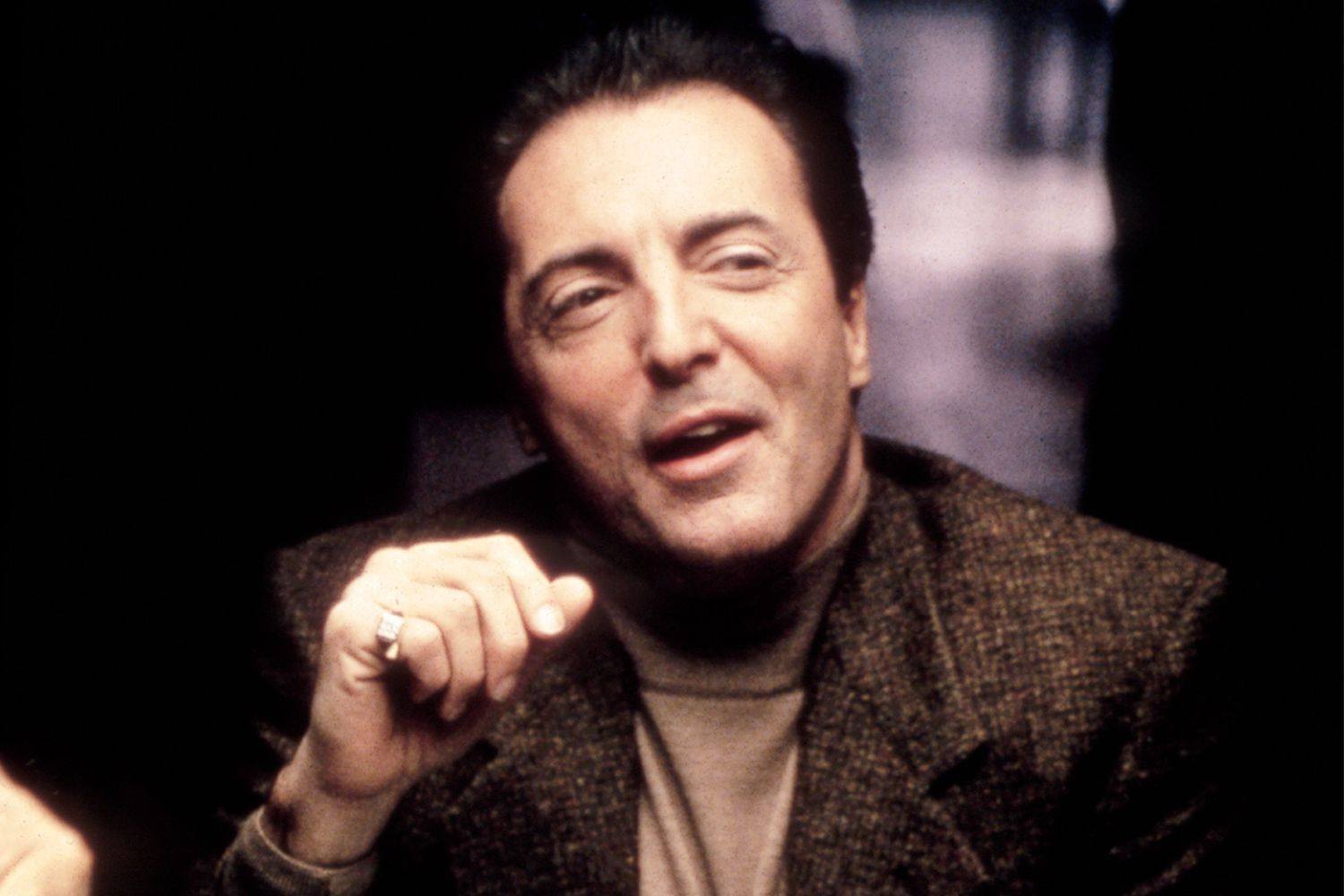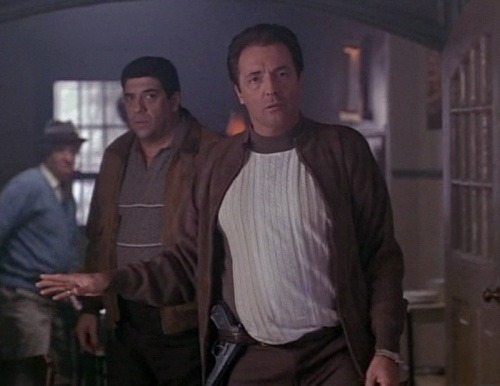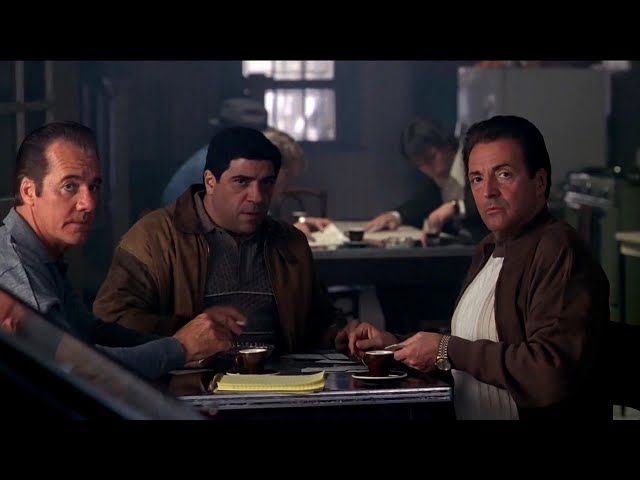Gotti (1996)

Gotti (1996) is a crime drama television film directed by Robert Harmon and written by Steve Shagan. The film is based on the non-fiction book Gotti: Rise and Fall by Jerry Capeci and Gene Mustain, which chronicles the life of John Gotti, the infamous mob boss of the Gambino crime family. With an engaging portrayal of one of the most notorious figures in organized crime history, Gotti delves into the rise and eventual downfall of the notorious gangster.
The film centers around the life of John Gotti (played by Armand Assante), a man who rises through the ranks of the Gambino family to become its powerful boss. The story follows Gotti’s journey from his early involvement in crime to his reign as a feared and respected figure in the New York underworld. Along the way, the film explores his relationships with his family, his loyalty to his criminal associates, and his clashes with law enforcement, which ultimately lead to his arrest and conviction.
One of the most compelling aspects of Gotti is its exploration of the character of John Gotti. The film presents him as a complex figure—a ruthless criminal with a strong sense of family loyalty and a desire for power. Gotti’s charisma and confidence make him both a sympathetic and morally ambiguous character. His ability to maintain control over his family and the criminal empire, while dealing with betrayal and personal loss, adds depth to the portrayal, making him a multifaceted character rather than a simple villain.
Armand Assante’s performance as John Gotti is one of the film’s highlights. He captures the essence of Gotti’s charm, charisma, and ruthlessness. Assante’s portrayal allows the audience to understand Gotti’s motivations and internal conflicts, making the character more relatable despite his criminal nature. The supporting cast, including actors such as William Forsythe and Tony Sirico, also deliver strong performances, adding to the overall realism and emotional weight of the story.

The film’s pacing and direction are key to maintaining the audience’s interest throughout Gotti’s tumultuous life. Robert Harmon’s direction creates a tense atmosphere, especially in the scenes involving law enforcement and the internal struggles of the mafia. The film also effectively uses flashbacks and courtroom scenes to highlight the central moments of Gotti’s life, adding layers to the narrative and providing a sense of the man’s rise and fall.

Visually, Gotti captures the gritty and dangerous world of organized crime. The cinematography and set designs evoke the atmosphere of 1970s and 1980s New York, with the dark, moody lighting reflecting the criminal underworld that Gotti inhabits. The film’s soundtrack, which features a mix of classic rock and period music, further enhances the sense of time and place, complementing the narrative and the high stakes of Gotti’s criminal life.

In conclusion, Gotti is a compelling and well-crafted crime drama that offers an in-depth look at the rise and fall of one of America’s most infamous gangsters. With strong performances, particularly by Armand Assante, and a solid script based on real events, the film provides a gripping portrayal of John Gotti’s complex character and his journey through the criminal world. Fans of crime dramas and true crime stories will find Gotti to be an engaging and thought-provoking film.











